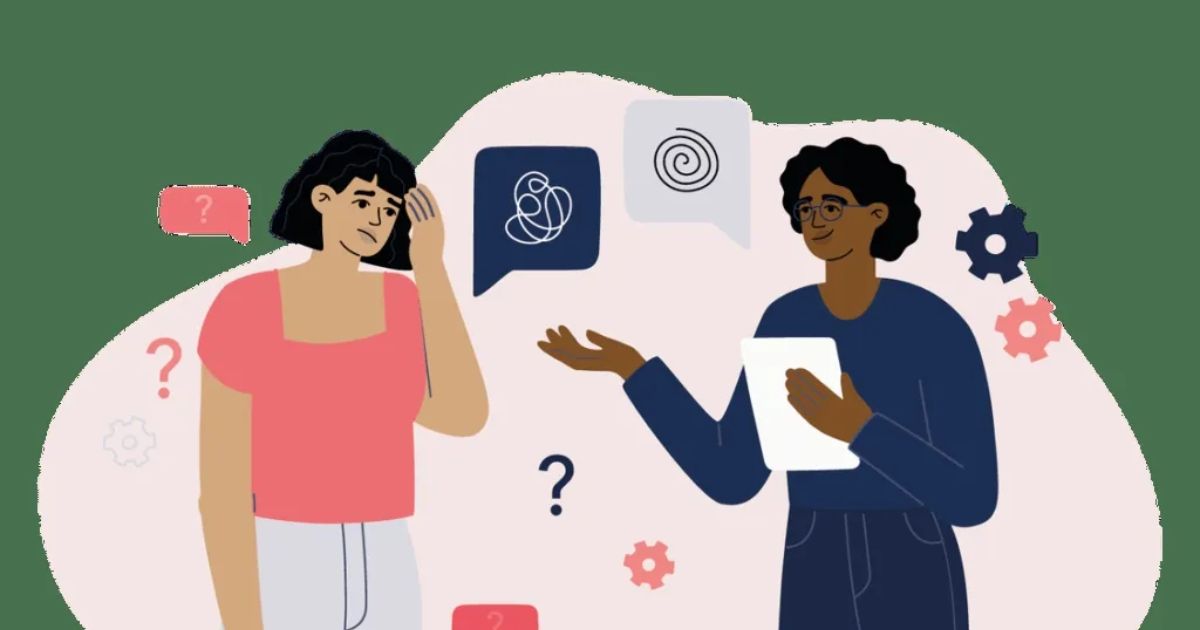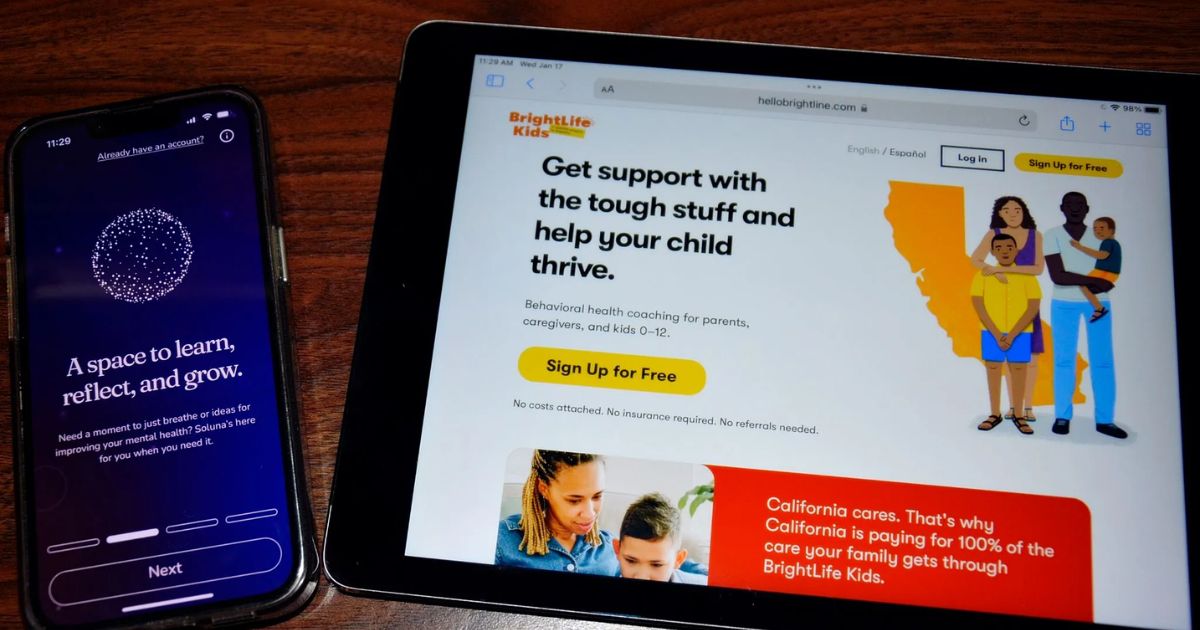For those who are obese, sustaining weight loss can be a daunting task. This was elucidated by a recent study in the journal Obesity. In this study, it was found that going through an 8-week low-calorie diet can not only lead to weight loss but also result in marked changes in brain connectivity, particularly related to emotions and memories. Additionally, these brain changes correspond with variations in appetite levels and food intake.
Study Background: Looking into Obese people and low calorie diet
Reward and self-control regions of the brain have been known for being affected by obesity. The researchers sought to investigate if short-term dietary intervention could reverse or modify such changes in the brains of participants. The hypothesis of this research was that glucose metabolism would be improved as well as partially restoring altered brain connectivity through weight loss.
Participants and Method
The study involved 25 participants aged on average 46 years consisting of fifteen females and ten males with nine having type two diabetes mellitus. During the 8 weeks period men were supposed to consume 1800 calories per day while women consumed 1500 calories daily under low-calorie diet conditions aiming at losing about 5% of their initial body weight.
Participants had fMRI scans before and after being on a diet so that they could measure alterations in brain connectivity; during post-meal conditions, scans were conducted under two-step hyperglycemic-euglycemic clamp procedure. These consisted of food pictorial representations among other nonfood items which the individuals rated how much they liked and wanted each one while undergoing scanning processes. Hunger assessments were done both pre-scan procedure as well as post scan process.
Key Findings
Among others, the research discovered several important conclusions:
- Weight Loss & Hormones: Participants lost an average 3.3% initial body mass which was accompanied by hormonal changes; leptin levels decreased which indicates reduced satiety while ghrelin levels were less suppressed by hyperglycemia showing a drive to consume more.
- Enhanced hunger: The individuals reported increased appetite during the fMRI sessions post dieting even after losing weight. This was also manifested in their consumption of more calories especially from fatty foods at the buffet meal provided that they were given.
- Brain Connectivity: The limbic-temporal network showed an increase in connectivity, especially with regard to the right hippocampus and temporal cortex as shown by fMRI scans. This implies that short-term weight loss might improve brain responses associated with food motivation and reward, involving emotions and memory areas.
- Type 2 Diabetes Influence: Contrary to those who didn’t have diabetes, type 2 diabetic participants experienced greater rise in brain connectivity after shedding weight hence hinting on a possibility that diabetes might alter brain responses towards dietary changes.
Implications and Future Research
These findings indicate that diet-induced weight loss elicits an integrated body response affecting hormones, eating patterns, and brain connections. It is important for caution to be exercised when prescribing weight-loss diets especially for people suffering from type 2 diabetes as brought out by this study.
For future research it would be better focusing on long term effects of weight loss on brain connectivity as well as eating behavior; all these need larger studies conducted over longer periods of follow up time so that such results can be substantiated and ways through which different diets or weight loss strategies suit various brains can be established. Understanding these neural mechanisms could help develop more effective strategies for maintaining weight loss.
Towards the end
Weight loss made possible by low calorie diet is related to reconfigured brain connections and food craving in obesity; a research conducted by Hai Hoang, Cheryl Lacadie, Janice Hwang, Katherine Lam, Ahmed Elshafie, Samuel B. Rosenberg, Charles Watt, Rajita Sinha, R. Todd Constable, Mary Savoye, Dongju Seo and Renata Belfort-DeAguiar. From this study we can learn about the difficulties of low-calorie diets for people struggling with weight issues. In addition to changing hormones and behavior that signal weight loss interventions intensify they become more complex through the change of brain connectivity as it appears in this research report.





























Leave a Reply
You must be logged in to post a comment.